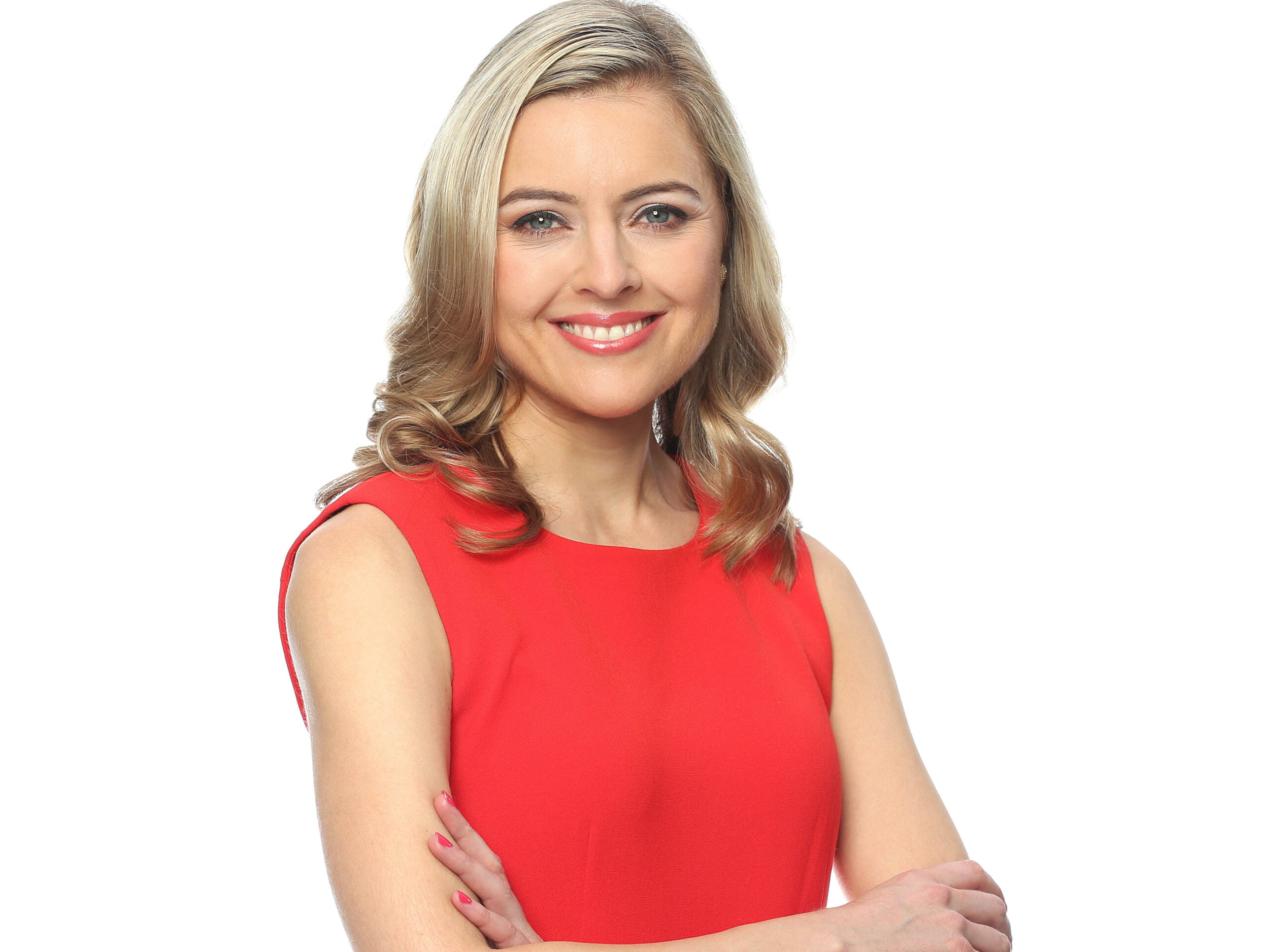A true professional and a pleasure to listen to, Gemma Acton has spent over 10 years in the finance industry, with her career spanning over multiple continents. After moving back to Australia from London, her current role sees her covering business and finance for Seven News. We were lucky enough to sit down with her to gain her invaluable insights into what’s front of mind for viewers, how broadcast is evolving and her thoughts on ESG and responsible investing.
What issues are top of mind for your viewers right now, apart from the coronavirus?
I think people have been faced with a difficult cost of living scenario for the past couple of years, and they are very conscious of it. Wages haven’t really gone anywhere for a long time. When you look at what is going up in price and what is going down in price in terms of daily living expenses, it is the essentials that are going up, like your healthcare, school fees, and things that you can’t really avoid. People are very conscious of that and are looking to save dollars where they can. We try and encourage people to look at ways to save on the margin, like “do this with your home loan”, “do this with your energy plan”, “look at these neo-banks”, and there is a lot of technology that has helped to bring a lot of competitors to what was a very stolid market for a long time with not much movement and the same key players.
What do you think is going to be the biggest issue in financial services this year?
I think there is a bit of clean up and fallout still from the Royal Commission to come. I would imagine that the banks want to shed the regulatory and legislative encumbrance that they have had for the last couple of years. There are still a lot of outstanding cases to be heard, there is a lot of regulation to be worked through by the government and implemented by the banks. I think they will probably want to be on the front foot about that and put that behind them, close that chapter. Furthermore, with regards to the Royal Commission, I think that everyone is becoming much more conscious about how they can be a good customer service provider – really this time.
That is for a couple of reasons – firstly, you do have neo-banks and smaller fintechs who are offering good customer service and user-friendly apps, competitive savings rate – this has put pressure on the big banks to respond. You see CommBank for instance which people say is the best app in the market, and they are in that position and they need to be in that position because your Xinjas and 86400s, have fantastic apps and they need to be on top of that.
Secondly, because a lot of businesses have had to be simplified and streamlined, they do have to take care of customers now. You look at the competition in the home loan space for instance, it is violent, competitive rates, all sorts of free things being thrown in, cash back, constant service, dedicated mortgage specialists, all the rest of it. So, I think there is a big play on the customers – on how to get them and retain them.
How do you think the industry might evolve in the next few years?
Along the same way. I think tech is going to become more and more important. The established banks I think are in quite a nice position. They can monitor what some of the more interesting fintechs are doing, and either (as you see in the US all the time) replicate what they are doing, for instance by building a fantastic app, or buying them out and bringing them in house. You see that with, for instance look at the shopping apps with Westpac taking a stake in ZIP, CBA with a stake in Klarna. They are trying to jump onto the tech bandwagon, which will be a good thing for consumers – it will bring down costs overall, and hopefully will increase their choice a bit. I think the biggest challenge will be getting rid of legacy assets and making themselves as streamlined as possible, and that will hopefully flow through to customers as well.
What is an issue you would like to see get more coverage in the media?
I think it is a bit disappointing that we are not so interested in the rest of the world. I spent 18 years overseas, and a lot of that was in London where there is just a real awareness of and interest in certainly the rest of Europe, but also the rest of the world. BBC would often start off with several international stories before they get to something local. But here the news is very local.
Do you do much on ESG/responsible investing?
I used to work in private wealth management in New York and London, this is a while ago (2011-2013). There was quite a big push then within the firm to try and get people interested in it, and no one was interested in it. Investors weren’t interested, the public wasn’t interested, no one was. Now, I feel that investors are getting on board and not least because there is a huge swing of money going that way; it is a momentum trade, you just want to be a part of that. It is still hard to raise interest in the general public from a financial perspective, however.
I am a strong believer in climate change, but it is a very complicated topic and there are so many nuances to it, and a lot of misinformation. A lot of the small things we do to try help sustainability and the environment can be offset by a flight to London. People can also justly feel their contributions are meaningless when business is causing damage on a mass scale. Many people feel that it is just too complex and not something that we as individuals can do something about immediately – so they’re reluctant to adapt their lifestyle if it is noticeably inconvenient or costly. If suggested lifestyle changes and trade-offs could be clearly articulated with the benefits measured and explained, I think it’d be easier to provoke enthusiasm.
How do you think broadcast specifically is changing?
People’s attention spans are definitely shrinking. We used to monitor this when I worked at my old job at CNBC; they used to see how long you watched videos for. I remember quarter to quarter it was dropping by 2 seconds. It is plummeting in terms of how long people can stay engaged for, before they switch to check their emails or Twitter or whatever else. So, that is hard. I listened to a very interesting podcast the other day, talking about if you watch a film, the sequences are so much shorter now. This is relevant for when we do our stories, because you need really jazzy pictures and you need a lot of them to keep moving quickly to keep people engaged. We need to be very conscious of what keeps people engaged. We have so many options now that we are fighting harder and harder for attention span, and we need to make sure every second we are giving them something gripping.
What do you look for in a pitch from PRs and how can they work with TV reporters?
If I pitch a story, the first question I get asked every time by my bosses is “what are the opening shots? what are the opening pictures?”. It might be a fascinating story and might work really well in a newspaper or be a great radio discussion, but if there are no pictures then there is no story.
If you are pitching to someone, have a rough idea of what they might be doing. If it is a day like today, where the stock market is possibly going to have the worst trading session all year, I am probably going to be busy racing back and forwards to the ASX, so please consider this when pitching longer lead stories that don’t need to be urgently addressed that day.

